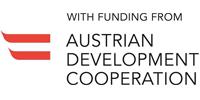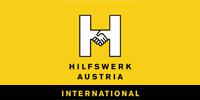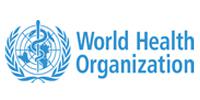
Project:
Tobacco cessation among youth in schools and community
Tobacco consumption is a major public health problem, considered a risk factor responsible for the increase in cases of severe non-communicable diseases, such as lung cancer, cardiovascular and respiratory diseases, chronic obstructive lung disease, atherosclerosis, etc. Smoking also severely affects pregnant women, causing premature births and low birth weight, and in newborns, the risk of developing sudden infant death syndrome increases.
In the Republic of Moldova, tobacco consumption and exposure to tobacco smoke is the second of ten risk factors, contributing to the burden of non-communicable diseases among men, measured in DALY (life years adjusted for disability), and the seventh – among women. In recent years, there has been a 1.4-fold increase in cancer incidence. The prevalence of diseases is also increasing, where smoking is the predominant risk factor, such as cardio and cerebrovascular diseases, lung cancer, chronic obstructive respiratory diseases. Annually, there are about 5-6 thousand deaths (about 12-14% of all deaths) due to diseases caused by tobacco consumption, including over 60% of deaths are recorded in persons of working age (mortality among men being 2 times larger than women).
According to statistics, every second Moldovan begins to smoke until the age of 19. 8.% of children between the ages of 13-15 years smoke out of which 11% are boys 11% and 3.2% girls.
In all health systems, nurses play a key role in early identification and application of short-term smoking cessation interventions. In the Republic of Moldova nurses are the largest group of health specialists. There are approximately 21,000 nurses in the Republic of Moldova. If each nurse would only help one smoker to quit each year, it would mean 21,000 smokers less annually.
The project aims to train trainers to develop and implement activities at the level of schools and communities aimed at reducing the number of smokers among young people and students.
The overall objective of the project is to reduce the number of smokers among school and community students and to inform them about the harmful effects of smoking on health.
Three groups of 20 to 23 trainers will be trained, among nurses who work in schools and among community nurses, who work in primary health care to train young people in schools and the population in the community as part of the tobacco control program.
Specific objectives:
1. Preparation of the training course for trainers
2. Elaboration of the Training Guide for trainers
3. Elaboration of the course support for participants
4. Monitoring the training process through testing
5. Evaluation of field activities
6. Description of case studies
7. Publication of case studies in Nursing magazine
The expected results:
1. Trained trainers (Order of the Ministry of Health, Labor and Social Protection) with the issuing of Certificates of Obtaining the title of Trainer in short interventions to quit smoking
2. Course support for participants
3. Report on the evaluation of field activities
4. Elaboration and publication of case studies in Nursing magazine










